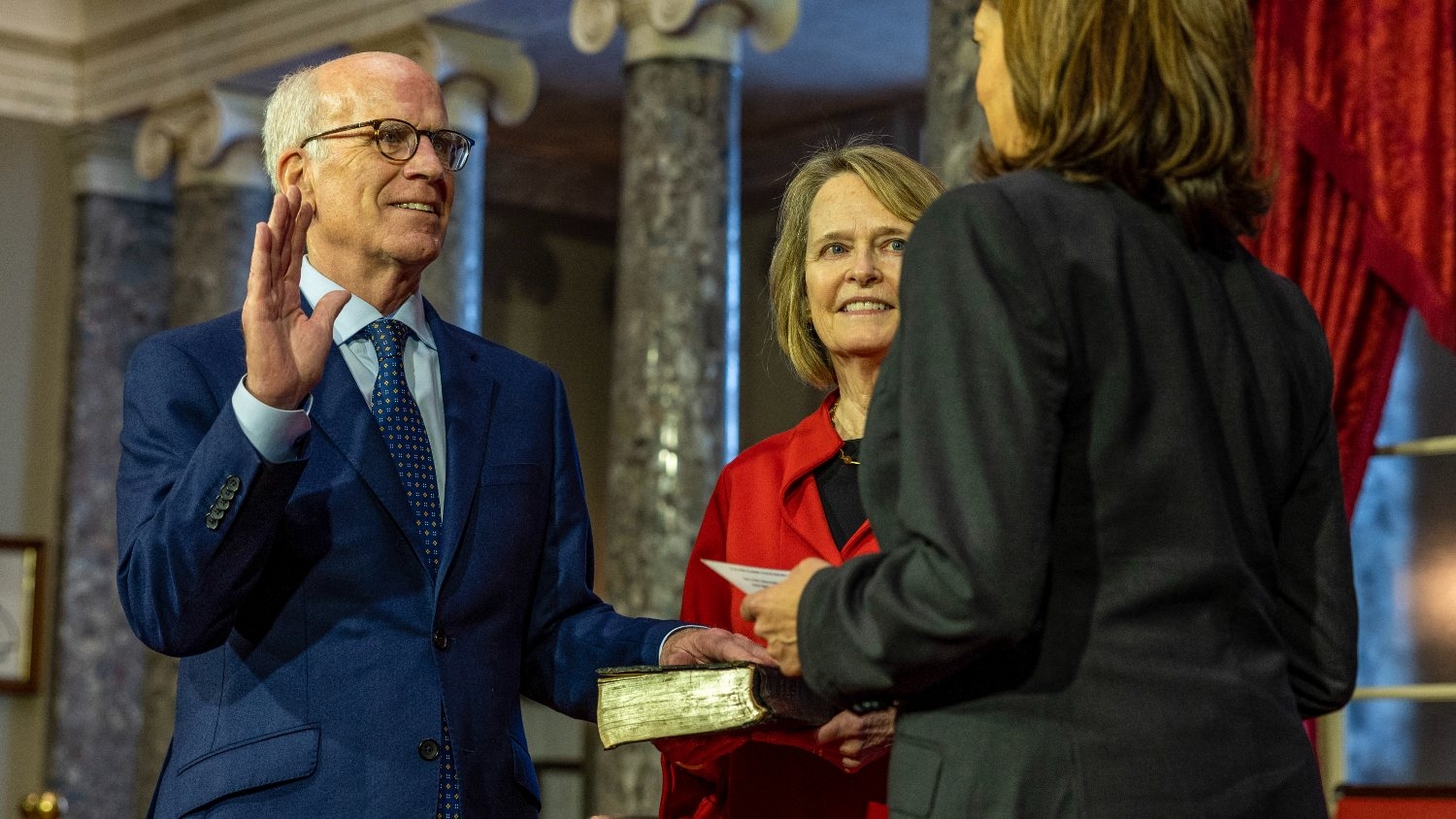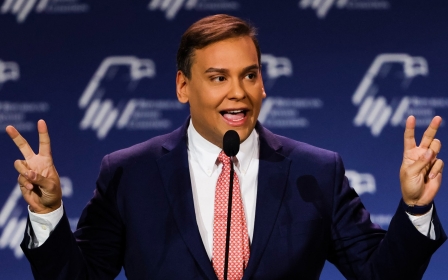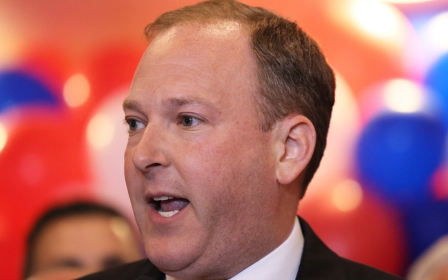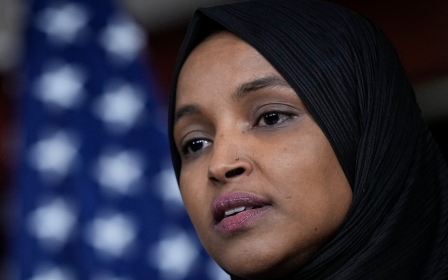US: Makeup of new Congress is more Christian than American public

The majority of the new US Congress continues to identify as religious, revealing a deepening divide as trends in American religious life have skewed towards irreligiosity, a new report has found.
The report, published by the Pew Research Center on Tuesday, says Senate and House members are "largely untouched" by the continuing decline in the number of Americans who identify with a religious affiliation.
In the 118th Congress, which is expected to be sworn in this week, 88 percent of the lawmakers identify as Christians. This number has changed little since the 1970s when 91 percent of lawmakers were affiliated with the faith.
However, the US general population has seen a drop in those identifying as Christians since then. There has even been a significant change this century. In 2007, 78 percent of the population was Christian, compared to only 63 percent currently.
At the same time, nearly three in 10 Americans, 29 percent, say they do not identify with a religion. That portion was only 16 percent in 2007.
New MEE newsletter: Jerusalem Dispatch
Sign up to get the latest insights and analysis on Israel-Palestine, alongside Turkey Unpacked and other MEE newsletters
Of the 534 total congressional members, 303 Protestants are being sworn in this year, compared to 297 in the previous session.
The number of Baptists remained the same, 67, while the number of Catholics saw a drop of 10, with a new total of 148 members. Still, Catholics comprise a greater share of Congress, 28 percent, than they do in the overall US population, 21 percent.
The number of Jewish members of Congress decreased just by one to 33 members. All three Muslims and two Hindus were reelected in the House.
Senator Krysten Sinema, who left her affiliation with the Democratic Party last year to become an independent, is the only member of Congress that describes herself as religiously unaffiliated.
Another 20 members are listed as having no known religious affiliations.
The American political system began with a jurisprudential concept of the separation of church and state, but religion and religious identity have played a large role in politics and political life.
Almost all US presidents have been Christian, with the current president, Joe Biden, being only the second Catholic president in American history.
However, the role of religion may begin to change as a further number of Americans are expected to not identify with a religion in the coming decades.
Another report from Pew in September 2022 stated that if current trends continue, by 2070 the majority of Americans will be religiously unaffiliated.
One newly-elected House member, Robert Garcia, said that when he takes his oath of office he plans to be sworn in on a comic book of Superman, as well as documents including the Constitution and his citizenship certificate. While it is not a requirement, most members of Congress have been sworn in on the Bible.
Middle East Eye delivers independent and unrivalled coverage and analysis of the Middle East, North Africa and beyond. To learn more about republishing this content and the associated fees, please fill out this form. More about MEE can be found here.




